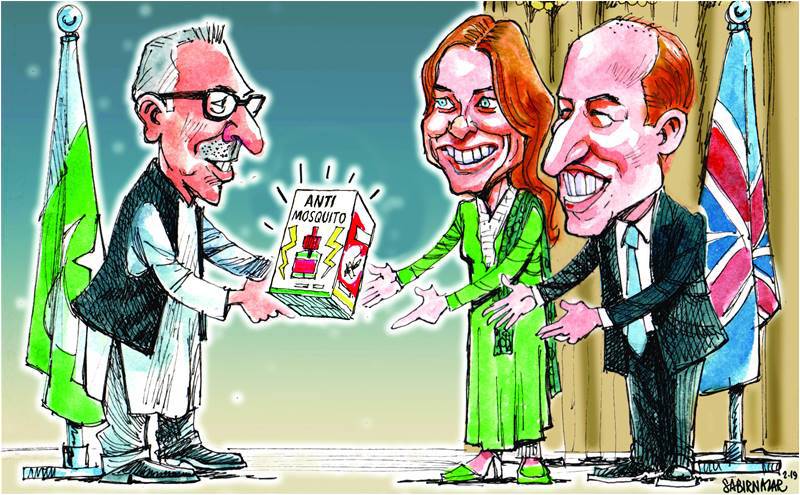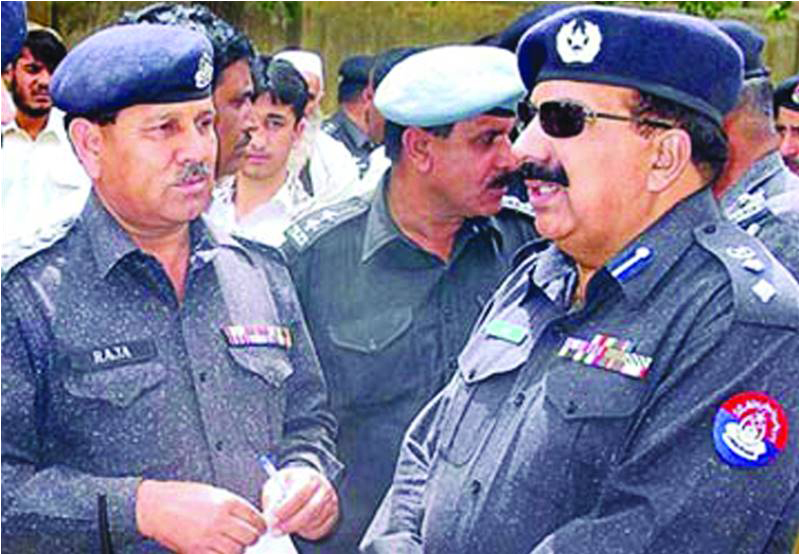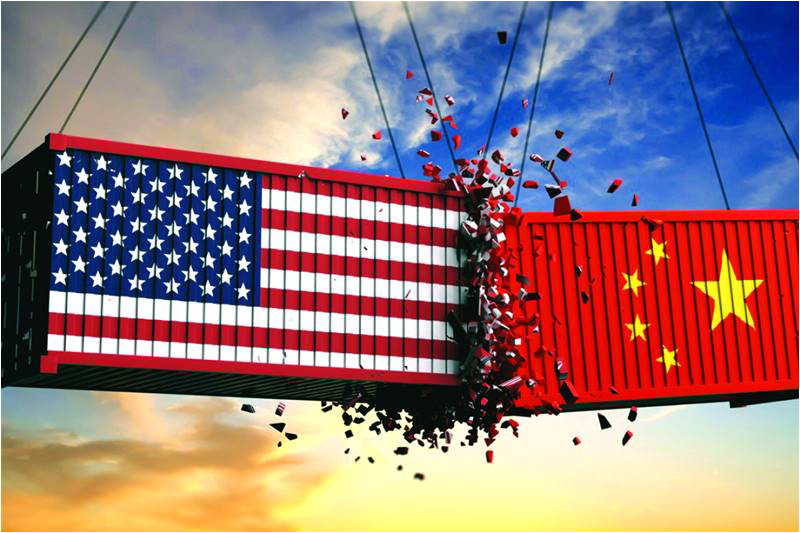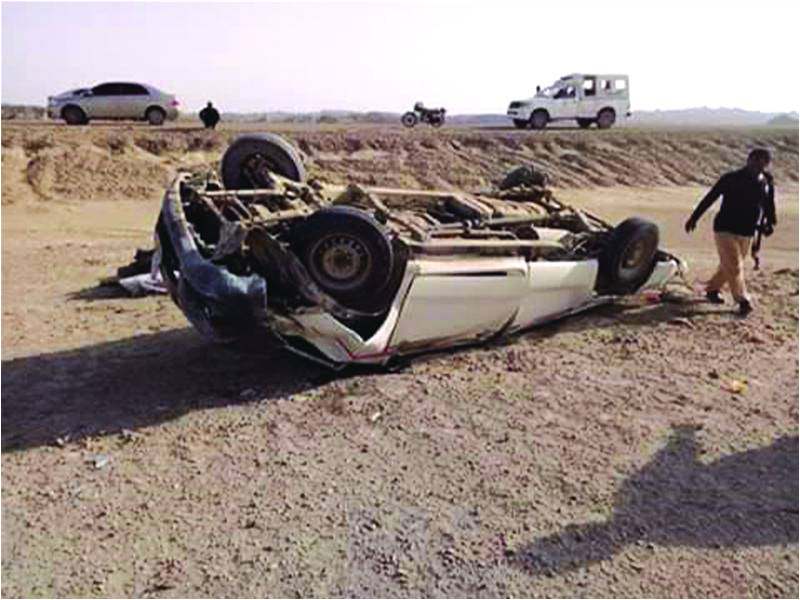
Reforming police
Madam,
All provinces of Pakistan have failed to reform the police in a manner consistent with the dignity, prosperity and security of its citizens. We must ask why reformers have failed to understand structural imperatives. Police has powers to investigate crime, enforce laws and maintain law and order. To ensure that such power is only used for legitimate purposes, various countries have adopted safeguards and create independent oversight authorities.
In Pakistan, policing is a provincial matter and the political executive (Home Minister) has the power of superintendence and control over the police force to ensure their accountability.

Once a crime occurs, police officers are required to record the complaint, secure evidence, identify the culprit, frame the charge against him, and assist with his prosecution in court so that a conviction may be secured. Crime investigation requires skills and training, time and resources and adequate forensic capability and infrastructure. Our police lack the training and expertise required to conduct professional investigations. They also have insufficient legal knowledge on various aspects of their work, such as admissibility of evidence. The forensic and cyber infrastructure available to them is both inadequate and out-dated. In light of this, the police are using force and torture to secure evidence, resulting in people dying in custody. As far as investigation is concerned, it is being done by lower rank head constables and officers just put their thumb impression whereas supervising officers do not know basics of investigation.
We can improve the situation by providing training to the investigation officers: how to collect, preserve and interpret the forensic evidence, connecting the crime and accused in court of law. We should enhance the level of investigation by making responsible PSP offices as investigation officers in heinous crime cases i.e. all cases with punishment for 10 years and above.
Shamsher Ali,
Lahore.
Trade war
Madam,
Leaders of China and the United States had announced at the G-20 meeting in Osaka in late June that they had reached détente in their trade war. In September, after a summer of heated rhetoric, Trump’s administration increased tariffs on another $125 billion worth of Chinese imports. China responded by issuing tariffs on an additional $75 billion worth of US goods.
US may impose further tariffs in December, bringing the total value of Chinese goods subject to punitive tariffs to over half a trillion dollars, covering almost all Chinese imports. China’s retaliation is expected to cover 69 per cent of its imports from the US.

If all the threatened hikes are put in place, the average tariff rate on US imports of Chinese goods will rise to about 24 per cent, up from about three per cent two years ago, and that on Chinese imports of US goods will be at nearly 26 per cent, compared with China’s average tariff rate of 6.7 per cent for all other countries.
Washington is not winning this trade war. Although China’s economic growth has slowed, US consumers have been hit harder than Chinese consumers. With fears of a recession around the corner, Trump must reckon with the fact that his current approach is hurting the US economy. There are many reasons Chinese exports to the US have not fallen as much as the Trump administration hoped they would. One is that there are no good substitutes for many of the products the US imports from China.
Some export-oriented manufacturing is leaving China, but not for the United States. Sixty per cent of US companies said they would stay in China while about six per cent are returning home. The damage to the economy on the import side is even more pronounced for the US than for China.
In 2018, the tariffs did not compel Chinese exporters to reduce their prices; instead, the full cost of the tariffs hit American consumers. President Donald Trump needs to back away from his self-destructive policy towards China because his trade war is only bleeding the world’s economy.
Afshan Haq,
Islamabad
Avoidable tragedies
Madam,
Recently, we heard that 17 people were killed in two road accidents in Balochistan. In July this year, motorway police estimated more than 15,000 deaths annually in road accidents. According to WHO’s health profile there were more than 27,000 deaths in road accidents in 2017. More people die every year in Pakistan in road accidents than in all the crimes put together, including terrorism.

This fact has never been considered seriously by the government or by society. What we usually do after fatal accidents is that we express grief, pray for the departed souls, attribute the accidents to ‘fate’ and forget it.
We completely ignore thousands of those who get seriously injured in accidents and are left to suffer for their entire lives. Even the media has no time to highlight this issue. The rulers and parliament have to focus on the everlasting power struggle, leaving no time to think about such issues.
I hope someone will someday take some steps to improve the situation.
Aqeel Amjad,
Karachi.

